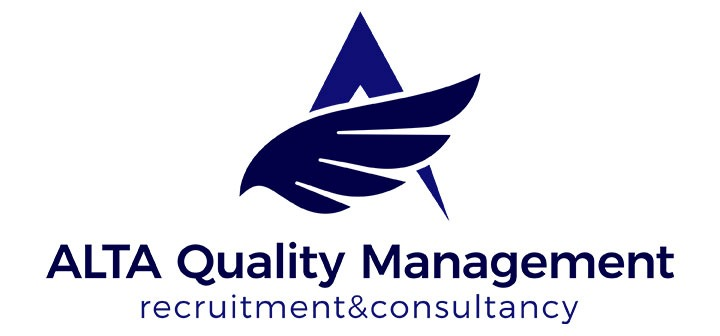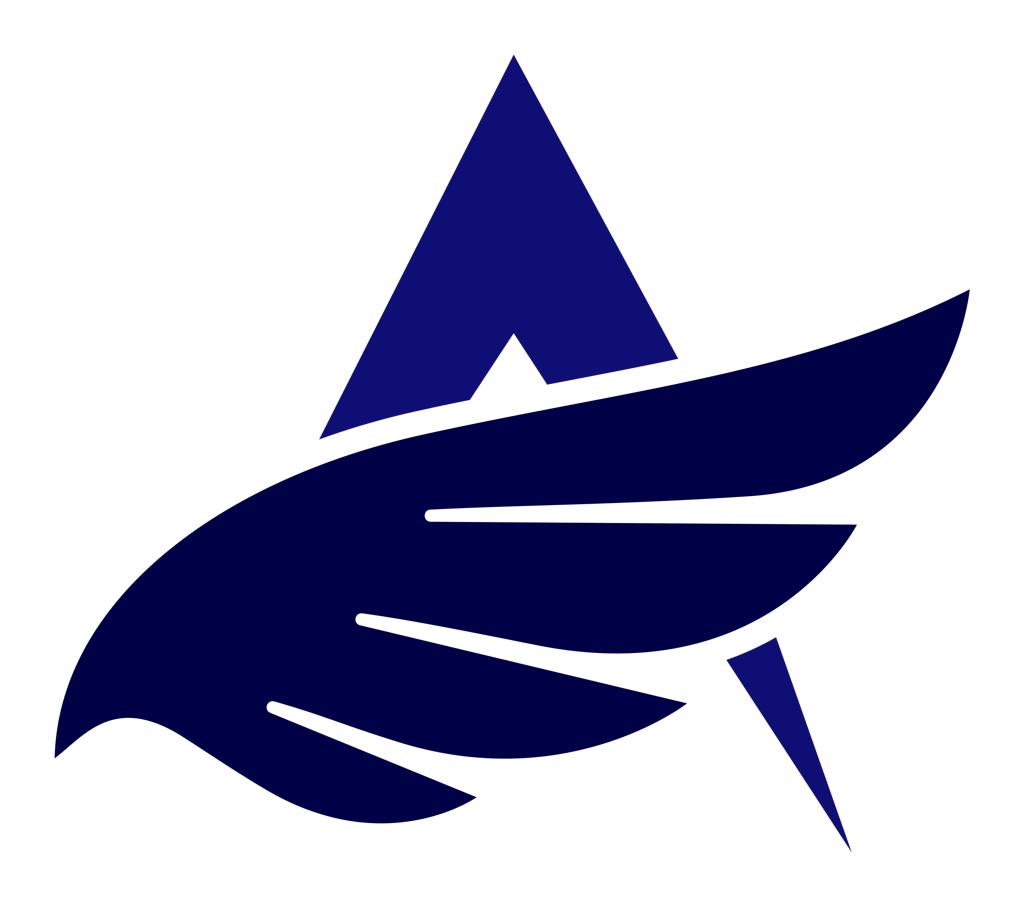
private jet flights
Add a review FollowOverview
-
Founded Date 27 oktober 1984
-
Posted Jobs 0
-
Viewed 116
Company Description
Private Plane Flights: An In-Depth Research

Introduction
Private plane flights have more and more become a popular alternative to commercial air travel, providing a spread of benefits such as flexibility, convenience, and privateness. This report delves into the varied facets of private aviation, including its history, present tendencies, benefits and disadvantages, regulatory frameworks, and the way forward for private air travel.

Historic Context
The concept of private aviation will be traced back to the early 20th century when the first commercial aircraft have been introduced. Nevertheless, it wasn’t until after World War II that private flying started to achieve traction. The put up-struggle economy saw an increase in wealth among people and businesses, leading to a demand for sooner and extra environment friendly travel choices. The introduction of gentle aircraft and the enlargement of common aviation paved the best way for the expansion of private flights.
Present Tendencies in Private Aviation
In the present day, the private aviation industry is thriving, with a multitude of firms providing charter services, fractional possession, and jet card applications. In response to the Nationwide Enterprise Aviation Association (NBAA), the variety of private aircraft registered in the United States alone exceeds 200,000, and the worldwide market is projected to grow significantly in the coming years.
One of the crucial notable trends is the rise of on-demand charter services, which permit people to e book flights by cell apps and websites. Companies like NetJets, Wheels Up, and VistaJet have revolutionized the trade by offering versatile choices that cater to the needs of trendy travelers. Additionally, the COVID-19 pandemic has accelerated the shift towards private aviation, as travelers search safer and more managed environments to avoid crowded industrial airports.
Advantages of Private Plane Flights
- Time Efficiency: One in every of the primary benefits of private flights is the numerous time financial savings. Passengers can avoid lengthy safety traces and boarding processes associated with commercial airways. If you adored this short article and you would such as to obtain even more information relating to private charter plane price kindly browse through the page. Private jets can entry smaller airports closer to the final destination, decreasing travel time.
- Flexibility: Private aviation gives unparalleled flexibility in scheduling. Travelers can choose their departure occasions and alter itineraries on short notice, accommodating last-minute adjustments in plans.
- Privateness and Consolation: Private flights provide a degree of privateness that’s unattainable in commercial aviation. Passengers can conduct enterprise meetings, calm down, or spend quality time with household and mates without the distractions of other travelers.
- Custom-made Services: Private aviation companies typically supply tailored providers, including gourmet catering, in-flight leisure, and personalised ground transportation, enhancing the overall journey experience.
- Entry to Remote Destinations: Private planes can reach remote or much less accessible locations that are not serviced by business airways, making them perfect for travelers heading to exclusive resorts or business conferences in off-the-beaten-path locations.
Disadvantages of Private Plane Flights
- Cost: The most important disadvantage of private aviation is the fee. Chartering a private jet may be significantly costlier than flying commercially, making it less accessible for the common traveler. Fractional possession and jet card packages can mitigate costs however nonetheless require a considerable financial dedication.
- Environmental Impression: Private jets have a larger carbon footprint per passenger compared to industrial flights. As sustainability becomes a growing concern, the aviation business faces strain to adopt greener technologies and practices.
- Restricted Availability: While the demand for private flights is growing, availability could be a challenge, especially throughout peak travel seasons. Last-minute bookings may result in restricted options or higher costs.
- Regulatory Hurdles: Private aviation is topic to numerous rules that may complicate operations. Travelers should navigate totally different rules relying on the country of departure and arrival, which might result in delays.
Regulatory Framework
The private aviation trade is governed by a fancy set of regulations that range by country. Within the United States, the Federal Aviation Administration (FAA) oversees private aviation operations, ensuring security and compliance with nationwide requirements. Internationally, the Worldwide Civil Aviation Group (ICAO) sets tips that member states must adhere to.
Along with security regulations, private aviation operators should comply with customs and immigration laws, which may differ considerably between nations. This regulatory panorama necessitates that travelers work with experienced operators who can navigate these complexities successfully.
The future of Private Aviation
The future of private aviation appears brilliant, with a number of components contributing to its progress. Technological developments, akin to electric and hybrid aircraft, promise to reduce the environmental influence of private flying. Additionally, the integration of artificial intelligence and data analytics is predicted to enhance operational efficiency and customer support.
The rise of digital platforms for booking and managing private flights can also be likely to continue. These platforms not only streamline the booking process but also provide better transparency concerning pricing and availability.
Furthermore, as distant work and versatile schedules turn out to be more prevalent, the demand for private aviation is expected to rise. Business travelers searching for to maximize productivity whereas minimizing journey time will proceed to show to private flights as a viable option.
Conclusion
Private plane flights characterize a novel segment of the aviation business, characterized by their capacity to offer flexibility, convenience, and a customized journey experience. Whereas the prices and environmental impacts pose challenges, the ongoing advancements in know-how and modifications in journey habits counsel a promising future for private aviation. As the trade evolves, it will likely be essential for stakeholders to handle these challenges while continuing to fulfill the demands of an more and more discerning clientele.
In summary, the allure of private aviation lies in its capacity to cater to the individual needs of travelers, offering a level of service and consolation that’s unmatched in commercial air travel. As the industry continues to adapt and innovate, private plane flights will remain an important element of the worldwide transportation landscape.

